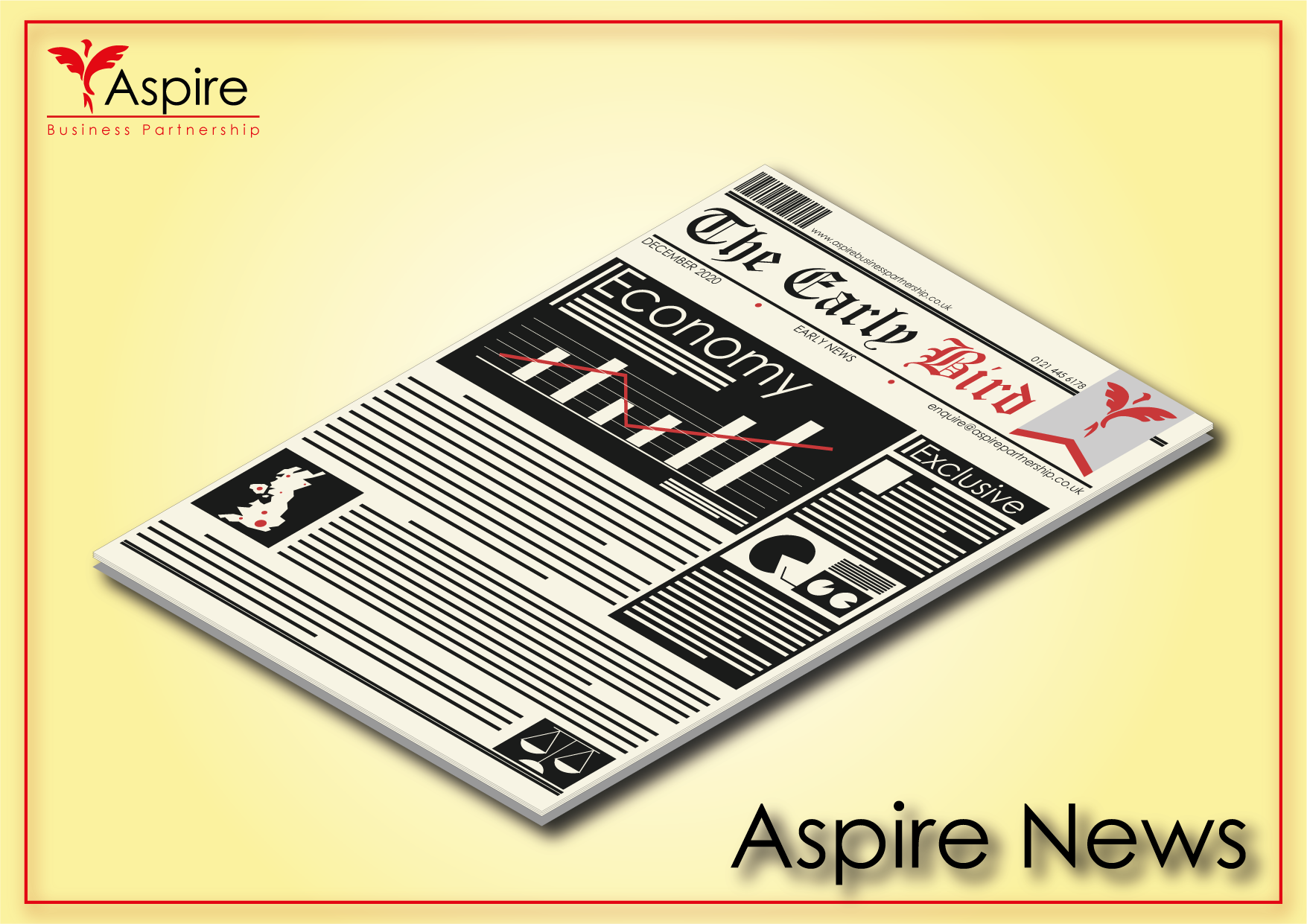
- Carlick Contract Furniture (“CCF”) versus HMRC is one of the first tribunal cases to see HMRC clawback payments made under the Coronavirus Job Retention Scheme (“CJRS”)
- HMRC issued CCF with an assessment for income tax on the basis of two employees who commenced working for CCF in February 2020 but were not paid until March 2020, due to payroll cut off dates, which HMRC stated meant the payments made to them did not count as “qualifying costs” under the CJRS
- The employment offer letter issued to both employees were dated 18 and 19 February 2020 and the employment commencement date was 24 February 2020
- Both individuals were to be paid monthly (on or around the 26th of each month)
- The payroll cut off date for CCF was 3 working days before the pay date of each month and so in February 2020, the payroll cut off date was 21 February 2020 which meant that neither employee had commenced employment
- The real time information (RTI) submitted to HMRC in respect of the employees’ first payments made in March were included in a return made on 25 March 2020
- CCF included both employees in their claims for the CJRS payments from 1 April 2020 and continued to do so until both employees were made redundant in October 2020
- HMRC opened a CJRS check in November 2020 which resulted in an assessment for £20,504.25 being raised in February 2021 on the basis that neither employee was included in the RTI for PAYE purposes on or before 19 March 2020
- The Tribunal considered the various directions which were made under the CJRS during the height of the pandemic and reached the following conclusions;
- For payments made to the employees up to 30 June 2020 the qualifying criteria was not met
- The third direction for the CJRS “piggy backed” on the first and second direction and did not specify a new date for qualifying claims, although it did specify that a claim could only be made in respect of employees to whom a claim had been made under the first and second direction in respect of a period ending on or before 30 June 2020
- Whilst CCF had made a claim for the two employees under the first and second directions, these were not deemed to be valid claims and so the claims made for later periods under the third CJRS directions were also invalid
- The tribunal dismissed the appeal following a reduction in the assessment amounts due to an erroneous amount which had been included in the original assessment
- The tribunal did acknowledge the reasonableness and fairness element to the case, it was held that the tribunal could not entertain arguments surrounding the “spirit” of the legislation
Read the full case here.
Aspire Comment
The CJRS was introduced extremely quickly on the back of the UK’s general lack of preparation for the Coronavirus pandemic, which did result in a lot of panic amongst employers and employees along who were forced to shut overnight.
Despite the tribunal not being able to entertain arguments relating to the spirit of the scheme, it does seem unfair that a matter of six days meant that the company was not entitled to make CJRS claims for two new employees employed from 24 February 2020 included on a RTI report on 25 March 2020 (with the qualifying date to appear on a RTI report being 19 March 2020) during very challenging times.
The case highlights the importance of the rules and getting the technicalities right as well as the repercussions of failing to do so.
